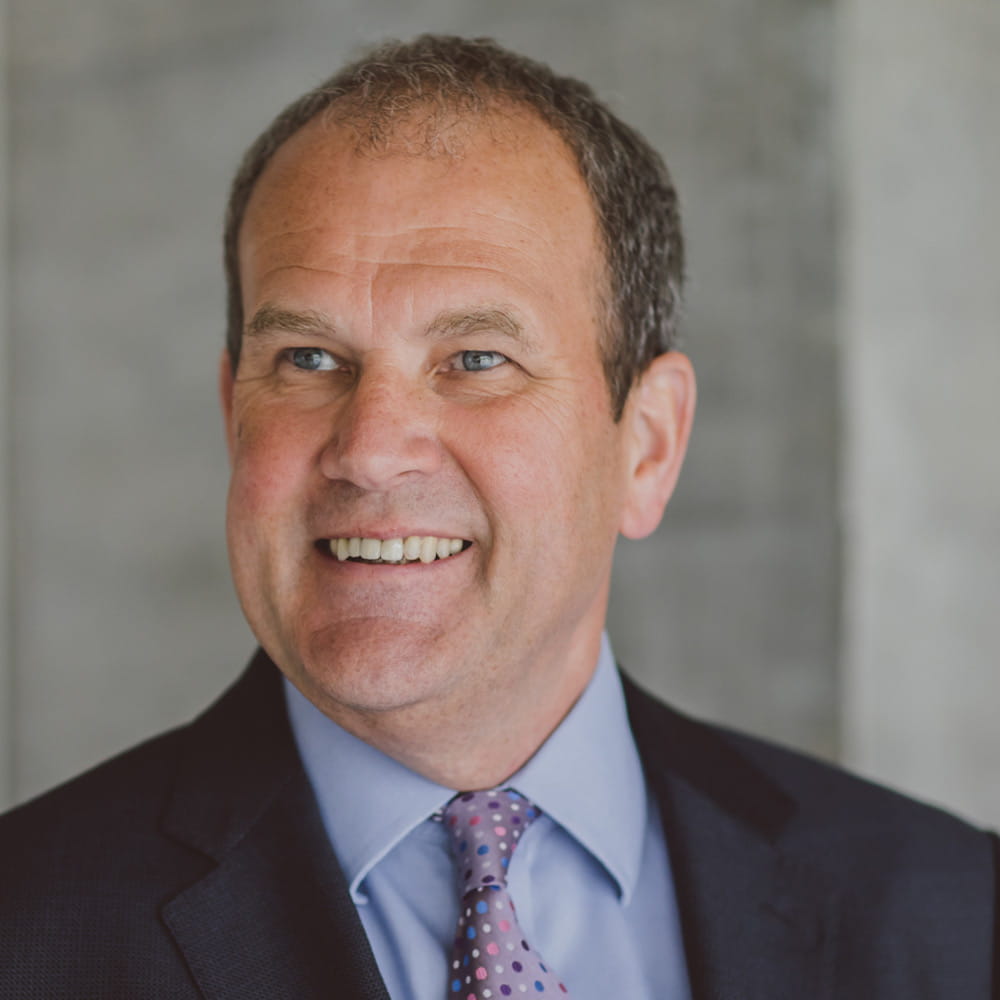Professor Jules Pretty, Deputy Vice-Chancellor tells us about the work being done to create a truly inclusive environment for our staff and students.
A time to reflect
In the week we celebrate returning to the Stonewall Top 100, it is a good time to reflect on the impact of our work to promote LGBT+ inclusion as well as reflect on our journey towards achieving equality for all.
When the University of Essex admitted its first students in 1964, the world was a very different place in terms of the legal framework in place to protect people from discrimination. It was the year the Civil Rights Act was passed by the US Congress, and was followed a year later by the Race Relations Act in the UK. But protection on the basis of gender did not come into force until the 1970s, and it was not until the 1990s that legislation was introduced in relation to disability, sexual orientation, age, religion and belief.
More than just legislation
At the University of Essex, our approach has never been just about complying with legislation. As a university committed to challenging convention, daring to be different and with inclusivity at our core, we have always tried hard to do more. In the early 1990s, before the introduction of the Protection from Harassment Act in 1997, we introduced our Harassment Advisory Network (HAN) which offers a confidential service to employees, workers, contractors, visitors and students experiencing bullying or harassment. The service is still in operation today and will soon be re-launched as the Harassment Report and Support Service.
The longevity of HAN is an indication that we still have some way to go in achieving an environment that is free from any form of harassment or bullying. It is also an indication that we will not give up in our quest to do so.
Using equality frameworks to help shape our work
We have engaged actively with the Athena SWAN and Race Equality Charters, Stonewall Workplace Equality Index, Mindful Employer and Disability Confident. These have helped us to understand the barriers to progression faced by some groups of staff and students and we are working hard to try and address those. For example, we have committed to enabling staff at all levels to work part-time if that is their preference and to advertising all jobs as being suitable for part-time work or job share unless a case can be made for not doing so.
It has also put into focus the importance of all staff being aware of their rights and responsibilities. For this reason we are placing increasing emphasis on ensuring staff complete the essential training relevant to their role.
Values-based decision-making
That said, we are not taking action because it might secure us an award, we are taking action because it is the right thing to do. It is about our ethos, and who we are as an institution.
This is the reason we took the decision to eradicate the gender pay gap for female professors and we continue to monitor the gap to ensure it does not re-open. We have also signed the TUC’s ‘Dying to Work’ charter, providing additional employment protection for terminally ill employees.
Acceptance without exception
Whilst we are extremely proud to be recognised as one of the most LGBT+ inclusive employers in Britain, we know that signing up to charters and achieving awards does not mean that we have ended our journey.
We joined the Stonewall Diversity Champions programme as their values chime with ours and we subscribe to their mission of ensuring that everyone is accepted without exception. If we achieve that, our staff and students will have the best possible chance of achieving their potential and making a difference in the world.
What next?
Our Athena SWAN action plan commits us to taking steps to advance gender equality through, for example, developing and delivering career development activities targeted at grade 8 and 9 academic staff on ASE and ASER contracts to help increase the proportion of female academic staff on grades 9 and 10. We will also be reviewing the support available to staff returning to work after a career break and introducing an observer role for Senate and a number of its sub-committees. We are also starting a concentrated piece of work to tackle racial inequality, using the Race Equality Charter as a model for instigating institutional change.
Alongside this we will be conducting research to identify opportunities to embed equality, diversity and inclusion in learning and development events and activities, in the guidance provided to reporting managers, and in the planning round.
We have come a long way since the 1960s; together we can achieve more again.
